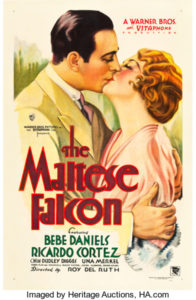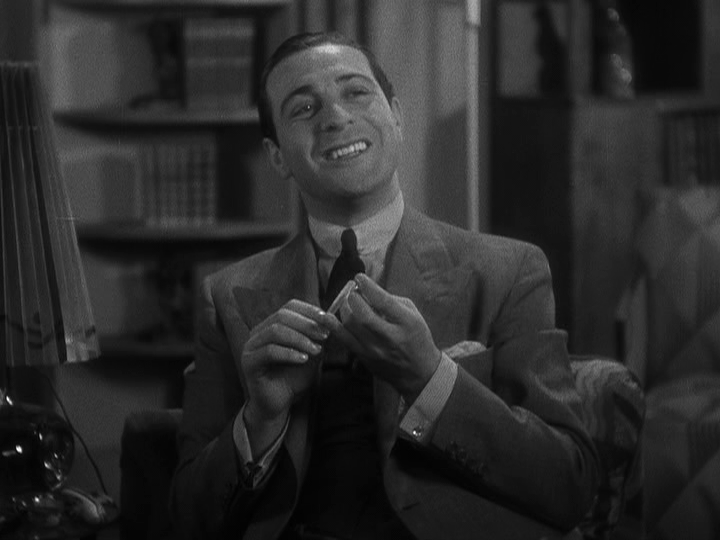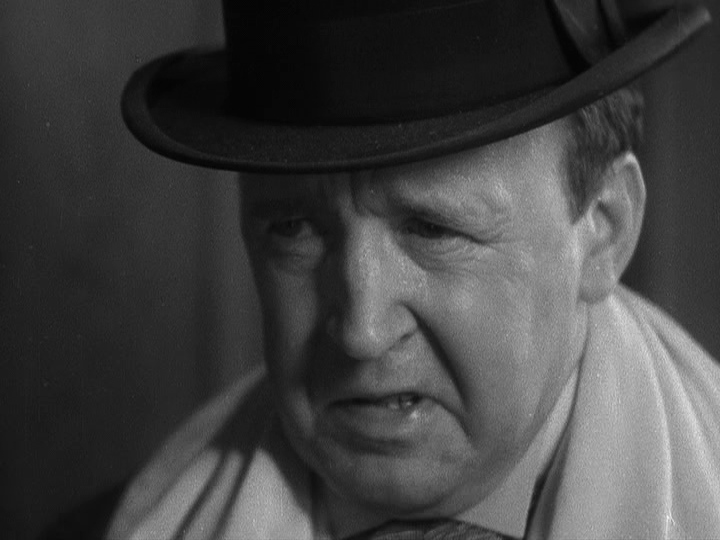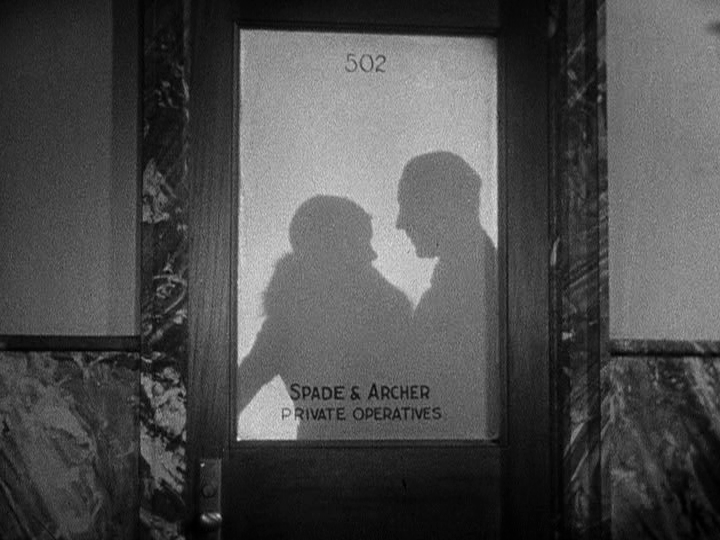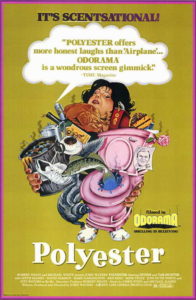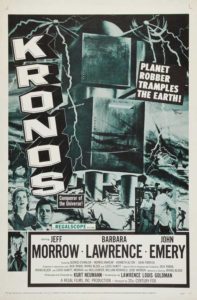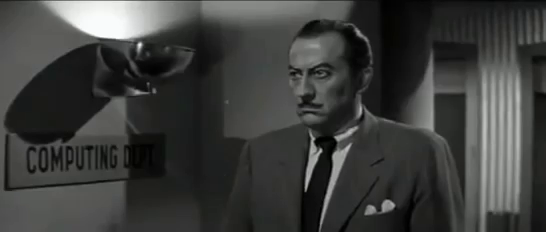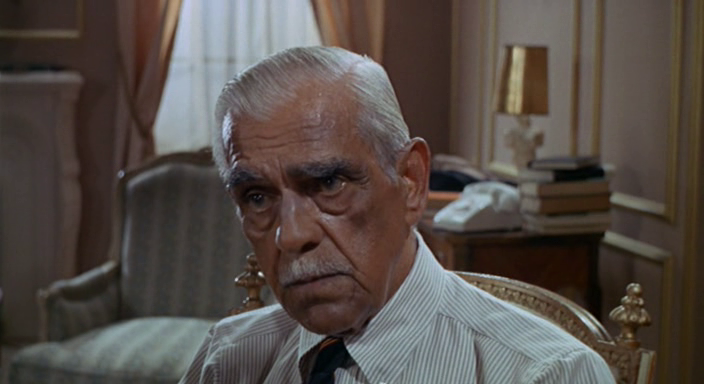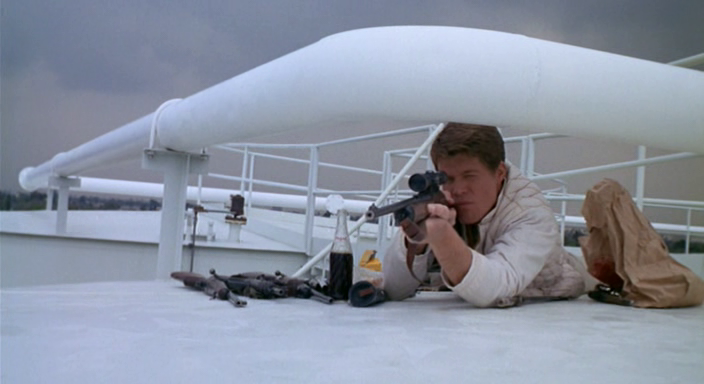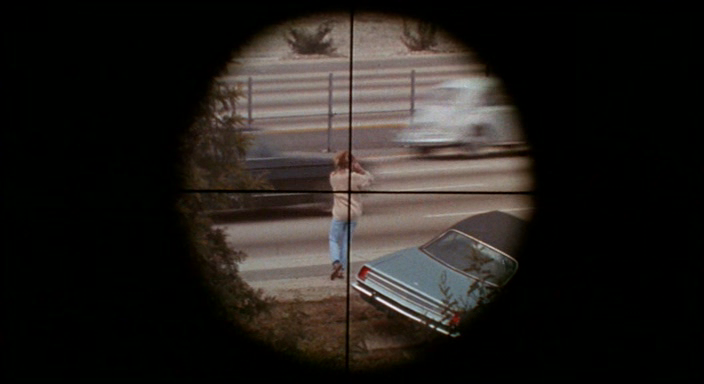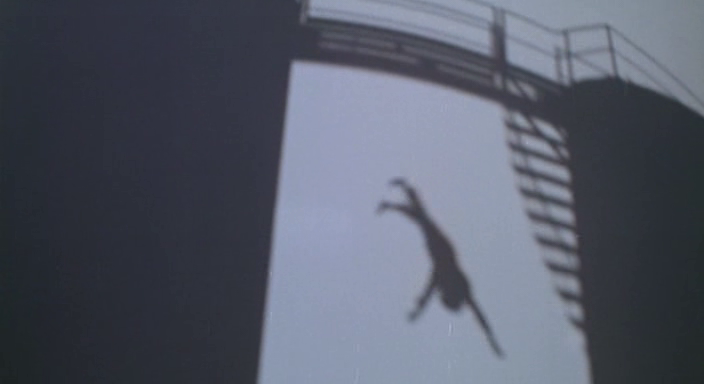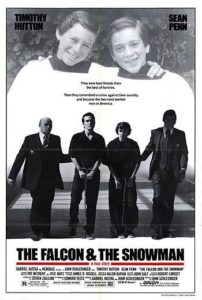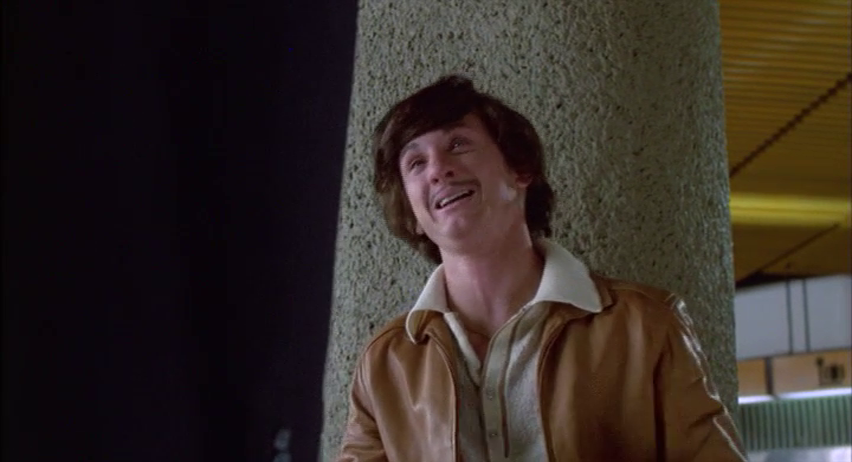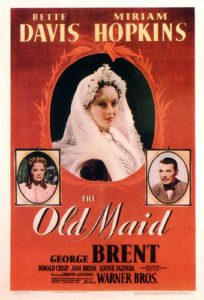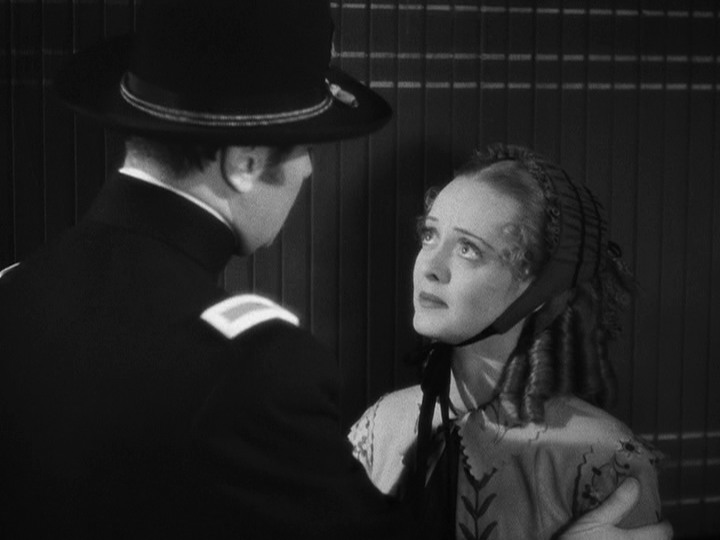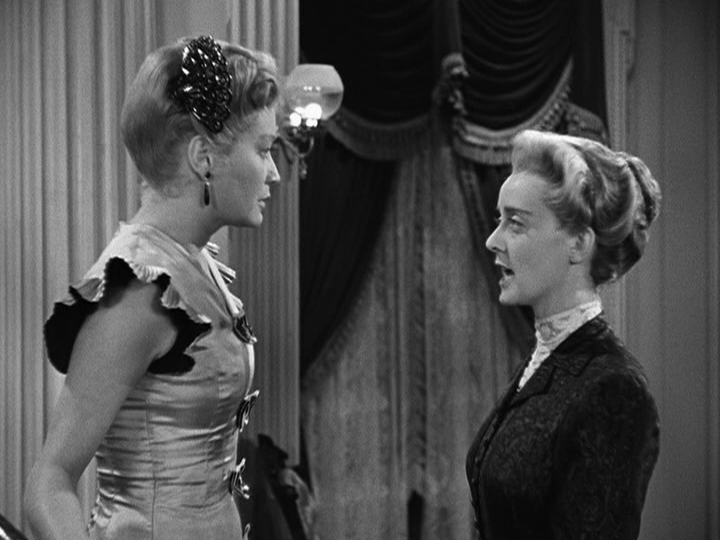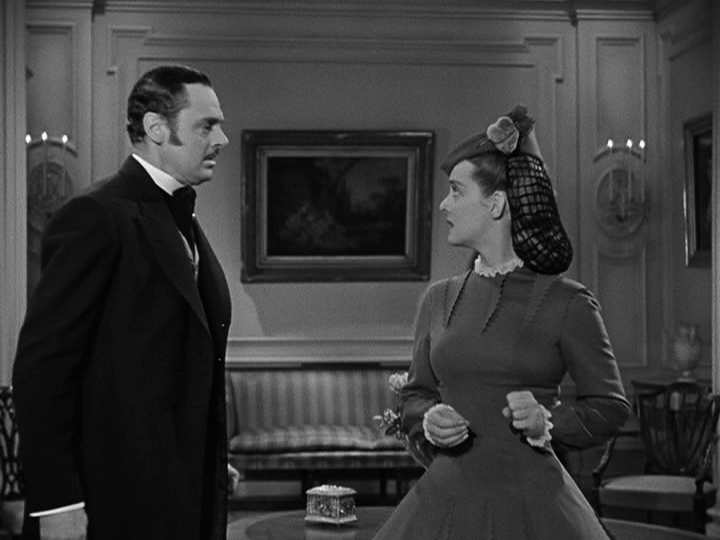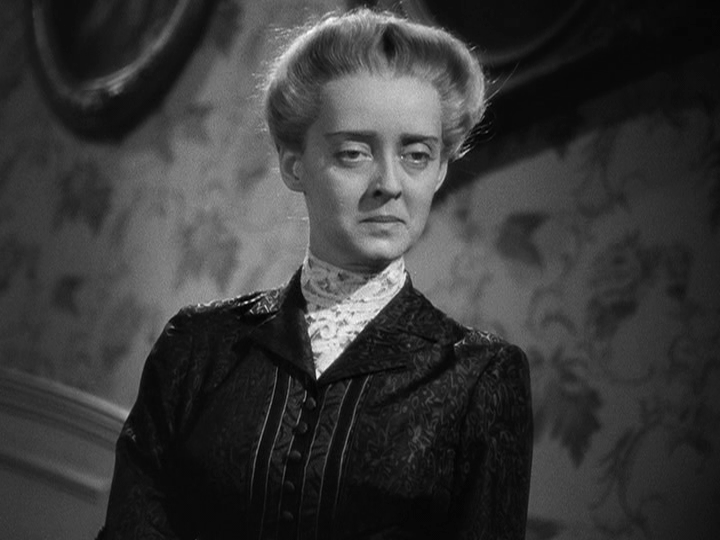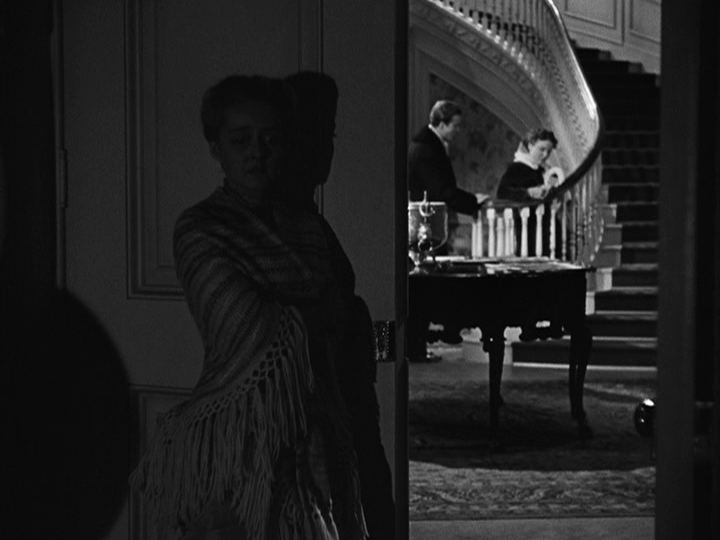|

Synopsis:
A neurotic housewife (Mink Stole) murders her husband (George Stover) and runs away with her housemaid (Jean Hill) to a shantytown named Mortville, where evil Queen Carlotta (Edith Massey) rules with an iron fist. They rent a room from a transgendered wrestler (Susan Lowe) seeking a sex-change operation in an attempt to please her lover (Liz Renay), and soon become involved in hiding Princess Coo-Coo (Mary Vivian Pearce), whose love affair with a nudist garbage collector (George Figgs) infuriates her mother (Massey). After Stole decides to join forces with Massey, true chaos and revolution erupt in Mortville.
|
|
Genres, Themes, Actors, and Directors:
- Fantasy
- John Waters Films
- Lesbianism
- Revolutionaries
- Royalty and Nobility
- Ruthless Leaders
- Strong Females
Response to Peary’s Review:
Peary writes that “although Divine isn’t in this John Waters classic, it is still Waters’s best film, one that he described in his book Shock Value as ‘a lesbian melodrama about revolution… a monstrous fairy-tale comedy dealing with mental anguish, penis envy, and political corruption’, [targeted at] ‘very neurotic adults with the mentalities of eight-year-olds’.” Peary asserts that “Divine isn’t needed because the film is filled with comparable whiners, screamers, grotesque ‘beauties’, conceited fascistic dames, and perverts.” He notes that while the “picture is about 20 minutes too long”, it “has the most comprehensive storyline of any Waters film and, considering there are several subplots, [it] is his most ambitious work” and features “the best acting, direction, and script”. He reminds us that “like all Waters’s films, it is filled with repulsive imagery”; as described in James Kendrick’s Q review:
It is typical of Waters’ movies that they inspire one to list all the offensive and grotesque things that happen in them, and Desperate Living is no different: cannibalism, rabies, road kill, a baby stuck in a refrigerator, a sex-change operation, self-castration with a pair of scissors, an eyeball gouged out with a high-heel shoe, the eating of roaches, and death by being smothered in a bowl of dog food.
Despite this considerable list of grotesquerie, Peary argues that “for once [Waters] goes no further than borderline offensive.” He concludes his review by noting that “this is probably the best, though by no means a safe, introduction to Waters”. I believe film fanatics will likely want to start with Pink Flamingos (1972) and proceed cautiously from there; but I’ll begrudgingly admit to finding this flick — while predictably repulsive — surprisingly innovative and memorable.
Redeeming Qualities and Moments:
- Colorful, inventive sets and costumes

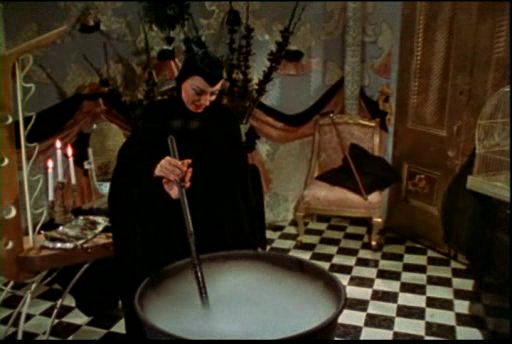
- Mink Stole as Peggy
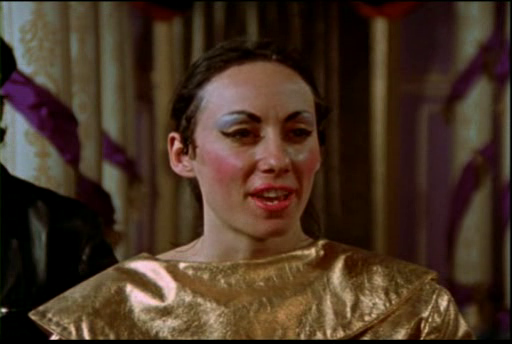
Must See?
Yes, as perhaps Waters’ most visually and narratively innovative film — though naturally, it’s not for all tastes.
Categories
Links:
|
